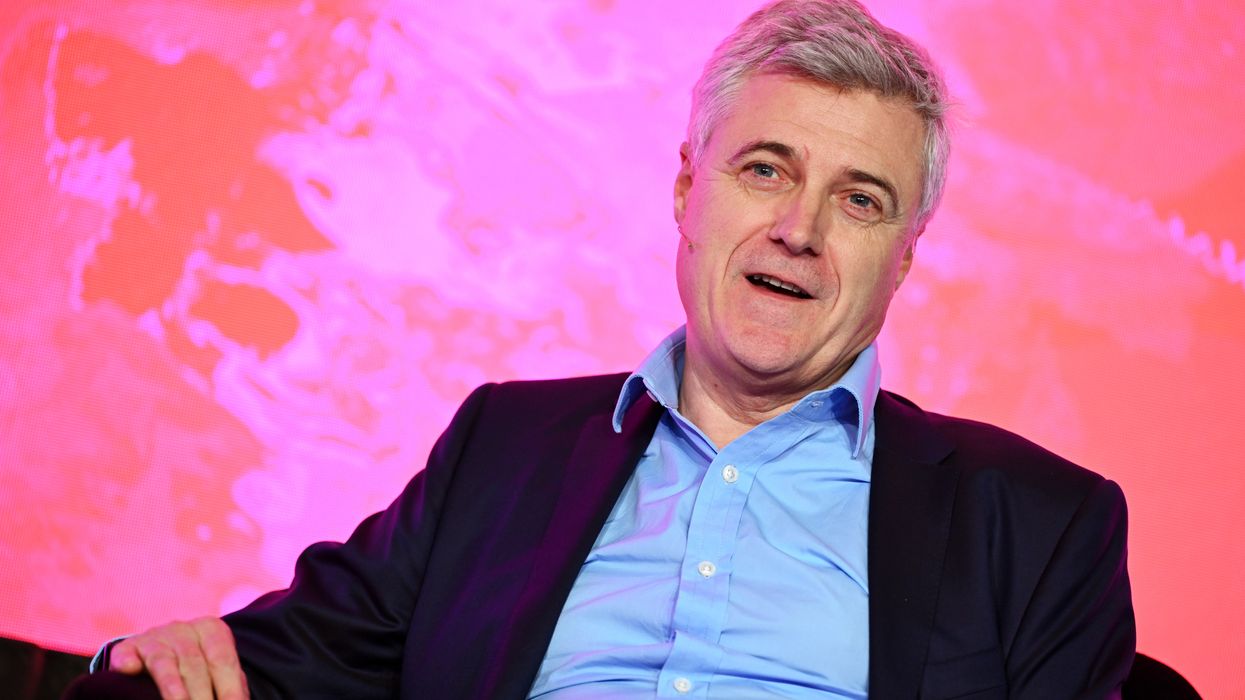Mark Read, the chief executive of WPP, has announced he will step down later this year, as the advertising agency faces growing pressure from artificial intelligence and declining share prices. Once the largest advertising group globally, WPP is struggling to keep up with the fast-moving AI technologies that are reshaping the industry.
Read, who has been at WPP for more than 30 years and held the top job since 2018, will remain in the role until the end of 2025 while the company searches for his successor.
AI upends traditional ad models
During Read’s tenure, WPP’s share value has halved, reflecting wider disruption in the advertising industry. AI-powered tools are increasingly automating advert creation, challenging traditional agencies that rely on human-driven processes. This shift has placed legacy firms like WPP under heavy competitive pressure as companies turn to faster and cheaper AI alternatives.
Leadership under scrutiny
WPP chair Philip Jansen, formerly of BT, credited Read with transforming the agency into a leader in marketing services. However, his arrival earlier this year led to speculation about a leadership shake-up. A former WPP board member said Jansen was seen as a “change agent” brought in with the expectation that Read’s departure was only a matter of time.
Since joining, Jansen has engaged with staff across the company to assess its structure and operations. One executive described him as a “cold-eyed analyser” focused on addressing administrative inefficiencies and streamlining processes.
Falling behind global rivals
WPP’s challenges extend beyond internal leadership. In 2023, the firm lost its title as the world’s largest advertising agency by revenue to French competitor Publicis. Meanwhile, Omnicom and Interpublic agreed to merge in a $13.3 billion (£10 billion) deal. In contrast, WPP’s market value is around £5.9 billion.

Russ Mould, investment director at AJ Bell, warned that the leadership vacuum could set WPP back further. “The fact the company hasn’t got a replacement lined up suggests chaos behind closed doors,” he said. He added that while WPP waits for new leadership, more tech-savvy rivals could continue pulling ahead.
From Sorrell to Read
Mark Read succeeded Sir Martin Sorrell in 2018, who had built WPP into a global powerhouse after buying a small basket-making company in 1985. Sorrell stepped down following allegations of personal misconduct, which he has consistently denied.
Read has overseen major restructuring efforts during his time at the helm, including merging agencies and selling non-core assets. These actions helped reduce WPP’s debt, but the agency’s share price still fell more than 25% in the past year alone.
Tech giants dominate ad space
One of WPP’s biggest challenges is the rise of tech giants like Google, Meta (formerly Facebook), and Amazon, which now dominate digital advertising. These companies are leveraging advanced AI to offer advertisers tools that automatically generate and target campaigns, making traditional agency services less necessary.
Earlier this month, Meta announced that it would help businesses create ads using AI-generated images, videos, and text. The move highlights the growing capabilities of AI in advertising and its impact on agencies like WPP.
Takeover speculation and uncertain future
Following the news of Read’s planned departure, WPP’s shares dipped by 1.5%, sparking fresh speculation that the agency could become a takeover target or attract activist investors seeking to restructure the business.
Mould said WPP’s traditional roots have left it struggling to adapt to the fast-changing, AI-driven landscape. “The world has gone digital, leaving the company scrabbling to play catch-up,” he said. “WPP needs a complete overhaul, and that won’t come easily or quickly.”
AI threatens agency jobs and structures
AI’s growing role in the advertising world is not just about efficiency, it’s also transforming employment structures. Automated content generation and data-driven targeting are reducing the need for large creative teams and manual campaign management, core functions traditionally carried out by agencies like WPP.
As these tools become more powerful, many routine roles within advertising risk being replaced. This technological shift is reshaping how agencies operate, forcing them to rethink their value in a market increasingly dominated by algorithms and automation.
Adapting to survive
Mark Read’s departure marks a critical turning point for WPP as it navigates these sweeping changes. The agency’s future depends on how quickly it can adapt to a landscape led by AI. For WPP and the wider advertising world, staying relevant will mean embracing technology while finding new ways to offer value that machines alone cannot deliver.





